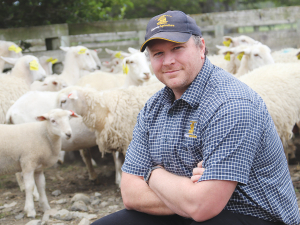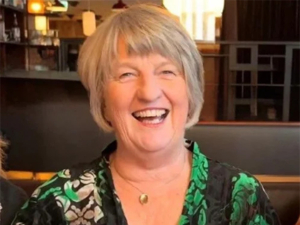On Friday (Dec 16) Fonterra will broadcast about TAF on Sky 950, scheduled for noon and 8pm. Perhaps things will change then. In the meantime, I want to reiterate why another vote is needed.
TAF has changed from the original proposal we voted on, the key difference being farmers will no longer hold the share title: it will be transferred to a custodian. Fonterra will own the custodian, which, Fonterra maintains, means we will retain 100% ownership and control. But our legal advice is that we won't.
This custodian will issue units corresponding to the shares to a unit trust. Investors will buy those units, which entitle them to the dividend on the corresponding Fonterra share, and any capital gain or loss on the value of the unit. It will not give them voting or supply rights.
At a recent Shareholders Council meeting, Fonterra business development manager Chris Pearce explained shares sold into the fund will be held by the custodian but they have no value there. The cash has been provided by the investor or unit holder and is on the farmer's balance sheet. The asset – or unit – against which that cash was provided will show on the trust balance sheet. I asked him to repeat this for clarity. The asset would be on the trust's balance sheet, he said. This means company law would apply, and trustees must act in the interest of the beneficiaries of the trust, which would be the unit holders. These unit holders hence have rights to influence Fonterra and even remove Fonterra as manager of the custodian. If the asset stays with the farmer this can't happen.
So TAF, as currently proposed, would compromise both ownership and control of our cooperative. Fonterra's new chief executive says the co-op is reviewing this problem but how much time and money has been spent on a structure that could never deliver on the promised 100% ownership and control? Do we really need it?
The redemption risk argument for TAF was well addressed by the first stages of our capital restructuring. Dry shares give some headroom so there's no obligation to redeem, and dividends make it more logical to retain those shares. Sharing up at the start of the season also prevents the 'gaming' that was occurring on share value. These changes were sensible, inexpensive, effective and presented no risk to our cooperative's principles.
Suggestions TAF is still needed because Fonterra's capital is unprotected are also flawed. If there is more than a 5% run on capital our constitution allows Fonterra to issue capital notes instead of cash to those redeeming shares.
TAF gives up the right to redeem shares for the right to trade them. It encourages short term-gain behaviours that may benefit individuals today, but ultimately weaken the cooperative and future farmers' returns via inevitable downward pressure on milk price.
I urge all shareholders to watch Friday's broadcast. If changes haven't been made which will guarantee the 100% ownership and control we were promised, then we need that second vote.
• Leonie Guiney, with husband Kieran, are fully shared up Fonterra-suppliers with four dairy farms near Fairlie, South Canterbury.
















